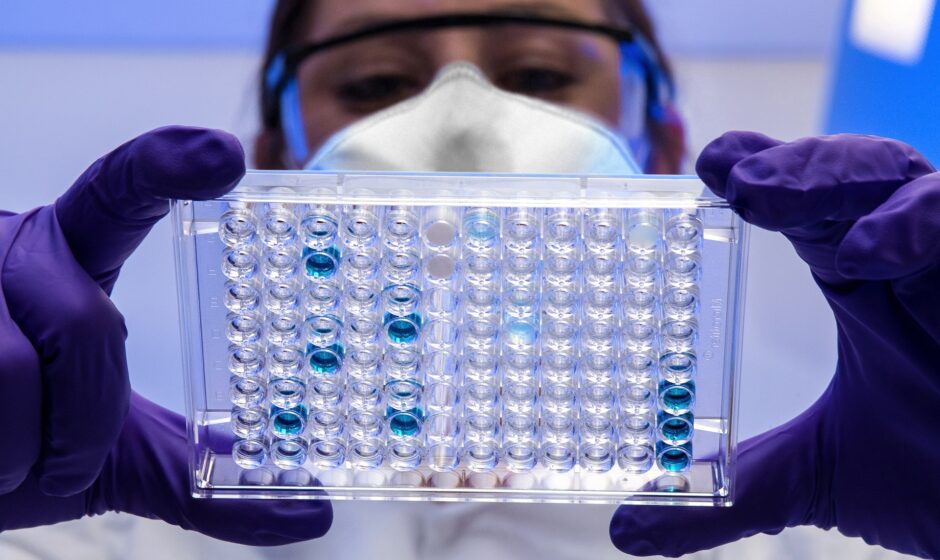In a joint initiative by the Centre for Science and Environment (CSE) and the World Health Organization (WHO)-India, a national consultation unfolded key strategies and recommendations to address the pressing issue of antimicrobial resistance (AMR) in India. With over 50 One Health stakeholders hailing from 15 states participating, the event was a pivotal step during the World AMR Awareness Week (WAAW).
Sunita Narain, Director General of CSE, emphasized that combating AMR requires a holistic response from stakeholders in the food, animal, crop, and waste sectors. The consultation aimed to outline crucial actions needed at the state level to prevent and contain the silent pandemic, which has far-reaching implications on health, livelihoods, and development.
Dr. Roderico H Ofrin, WHO Representative to India, stressed the significance of developing State Action Plans for Containment of Antimicrobial Resistance (SAPCAR) across all states and Union territories. The One Health approach, engaging key stakeholders across sectors, was identified as critical in these plans.
Amit Khurana, Director of the Sustainable Food Systems Programme at CSE, echoed the importance of multi-sectoral action at the state level. He highlighted that addressing concerns related to health, animal husbandry, fisheries, agriculture, pollution control, and water and sanitation is most effective at the state level.
The national consultation also marked the release of a comprehensive report titled ‘One Health Action to Prevent and Contain AMR in Indian States and Union Territories.’ This report, a collaboration between CSE and WHO, is based on suggestions received from experts and stakeholders in various state government departments.
The report delineates cost-effective, implementable interventions across human health, livestock, fisheries, crops, and the environment. Aligned with key areas such as awareness building, surveillance, AMR prevention and control, and optimized antibiotic use, these actions are poised to make a significant impact on addressing AMR.
Narain concluded the event by emphasizing that for countries like India, the focus should be on development with minimal use of chemicals in food production. Prevention, particularly considering the high cost of AMR, and conservation of last-resort antibiotics are imperative. Managing waste effectively was also highlighted as crucial in containing the spread of AMR.
Key Suggestions by States to Contain AMR Across One Health Sectors:
**Building Awareness and Understanding:**
– Identify target audiences for precise awareness creation.
– Leverage different mediums and platforms, including social media and local languages.
– Mainstream AMR understanding in education.
**Laboratories and Surveillance — AMR and AM Residues:**
– Periodic monitoring and reporting of antibiotic resistance.
– Strengthen microbiology laboratories and train human resources.
– Develop species-specific surveillance strategies in livestock, fisheries, and crops.
**Infection Prevention and Control:**
– Develop state-level action plans for infection prevention and control.
– Ensure regular vaccination and biosecurity measures in the livestock sector.
– Implement inventory of fish diseases and biosecurity measures in the fisheries sector.
– Adopt preventive measures in the crops sector through timely weed control and plant nutrient management.
**Optimizing Antimicrobial Use:**
– Develop standard treatment guidelines in the livestock sector.
– Regulate antibiotic use, discontinue growth promoter use, and promote alternatives.
– Establish guidelines for antibiotic use in the fisheries and crops sectors.
This collaborative effort signifies a critical step forward in India’s battle against AMR, emphasizing the need for coordinated, multi-sectoral strategies at the state level.

